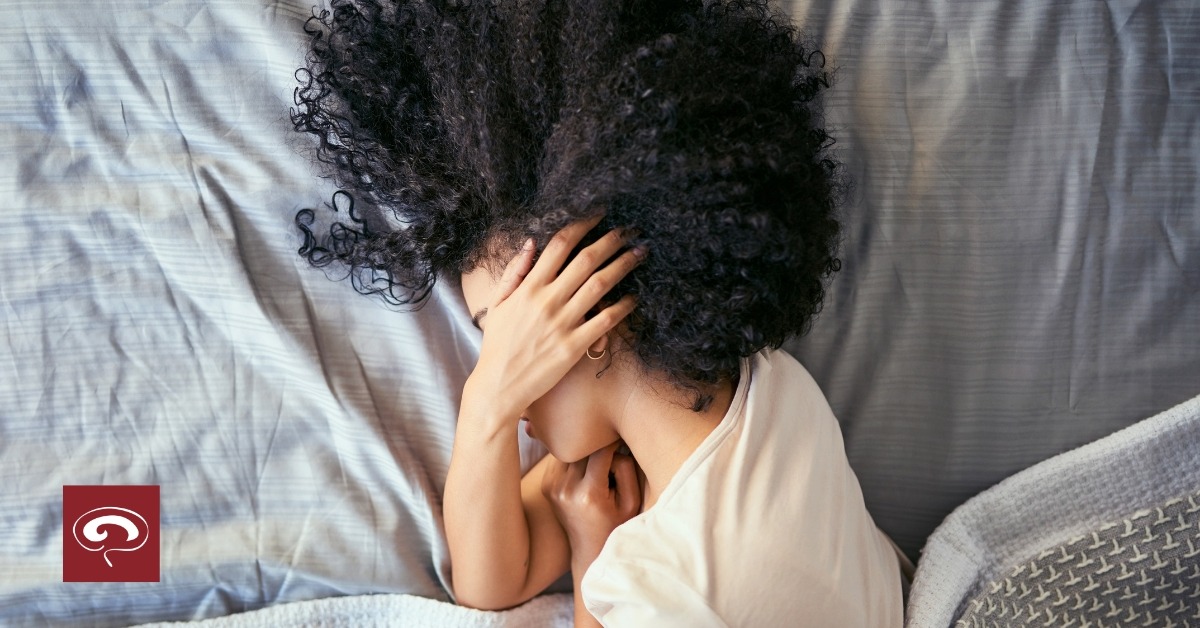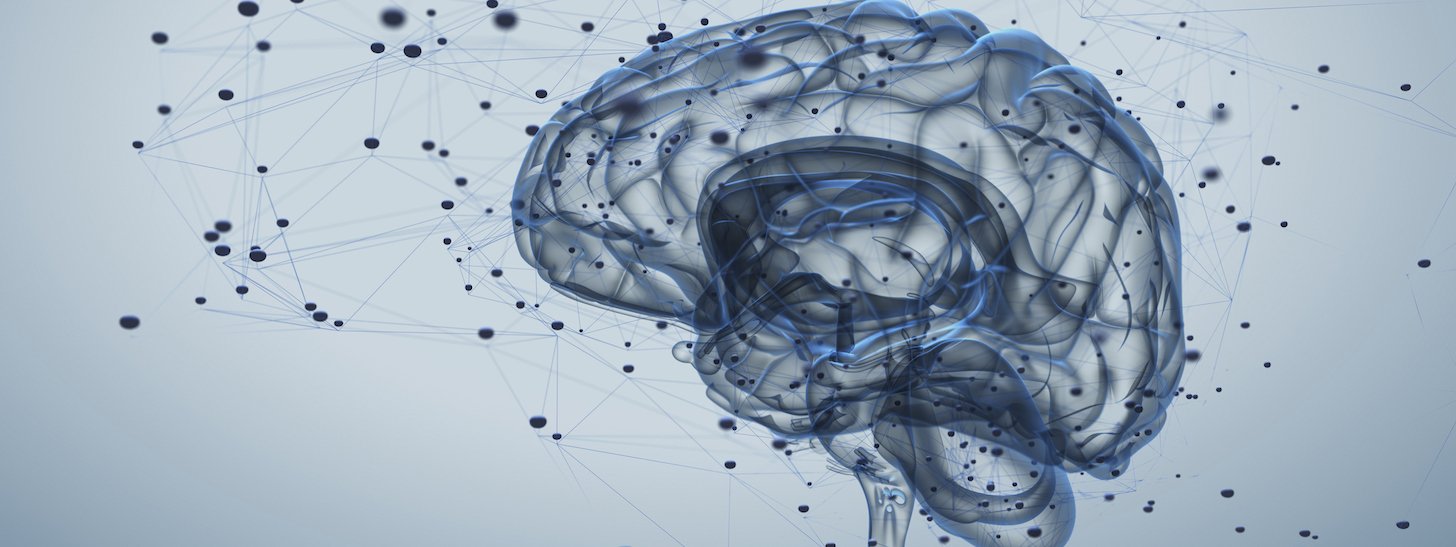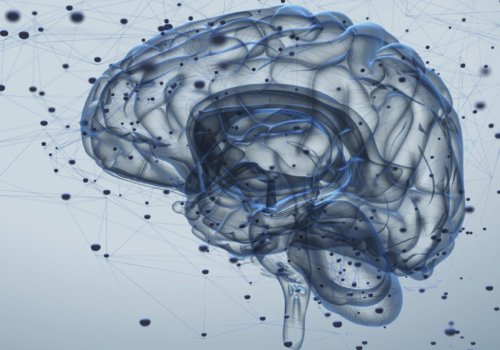
Migraine Sleep Quality Examined in New Study
Researchers find sleep apnea and poor sleep quality are closely associated with chronic migraine, and patients must be properly educated
Sleep apnea and poor sleep quality are more common among people with migraine, compared with the general population. This finding was reached during the Chronic Migraine Epidemiology and Outcomes (CaMEO) study. The research—conducted by Dawn C. Buse, PhD, FAHS, and Richard B. Lipton, MD, FAHS, of the Albert Einstein College of Medicine at Yeshiva University and colleagues—was published in Headache®.
Buse says the study suggests that assessing sleep quality and screening for sleep apnea is valuable among people with migraine. The benefit was especially noticeable among men, older patients, those with a higher body mass index and people with chronic migraine.
“Everyone with migraine, particularly those with sleep disturbances such as insomnia, could benefit from being educated about behavioral sleep regulation and healthy sleep hygiene,” Buse says. “Teaching patients about the possible benefits for migraine that improving sleep may have may increase their motivation to make healthy changes.”
CaMEO Data Analysis
CaMEO is a longitudinal study based on a series of web-based surveys conducted over 15 months. These surveys assessed migraine symptoms, burden, comorbidities and patterns of healthcare utilization, among other factors, among the U.S. population.
In a cross-sectional analysis of CaMEO data, researchers assessed sleep apnea and poor sleep quality. A sample of 12,810 people with migraine completed the Berlin Questionnaire, which screens for obstructive sleep apnea in adults. Researchers then stratified respondents by episodic and chronic migraine, as well as by BMI, age and gender.
Researchers found that 37% of the sample was at “high risk” for sleep apnea. “High-risk” individuals most commonly experiencing chronic migraine vs. episodic migraine and more often being men vs. women. Rates also increased significantly with higher BMI and older age.
Buse and colleagues also found people with chronic migraine were more likely to have poor sleep quality than those with episodic migraine. This included sleep disturbances, snoring, shortness of breath during sleep, daytime somnolence and lack of sleep adequacy.
More Patient Education Needed
Buse says the findings were along the lines of what researchers expected from the outset. She adds, however, that sleep apnea rates in some groups—especially older men with higher BMI—were quite high.
Future research could also leverage clinical sleep studies instead of a self-reported questionnaire to confirm their findings, Buse says. She adds that future research participants could use wearable devices to precisely and prospectively collect sleep-related data.
Buse also says that additional studies could look at whether improving sleep quality and/or treating sleep apnea improves outcomes for people with migraine. She notes that these outcomes could include the reduction in frequency or intensity of migraine attacks and associated symptoms.
“We hypothesize that this is a logical outcome, but we do not yet have the data to confirm it,” Buse says.
Buse underscores the need to teach people with migraine the importance of good sleep habits. She also highlights that people with migraine who screen positive for sleep apnea must be referred for additional evaluation and possible CPAP treatment when appropriate.
“Educating people with migraine about the importance of good-quality sleep and a stable sleep routine is important,” she says.


